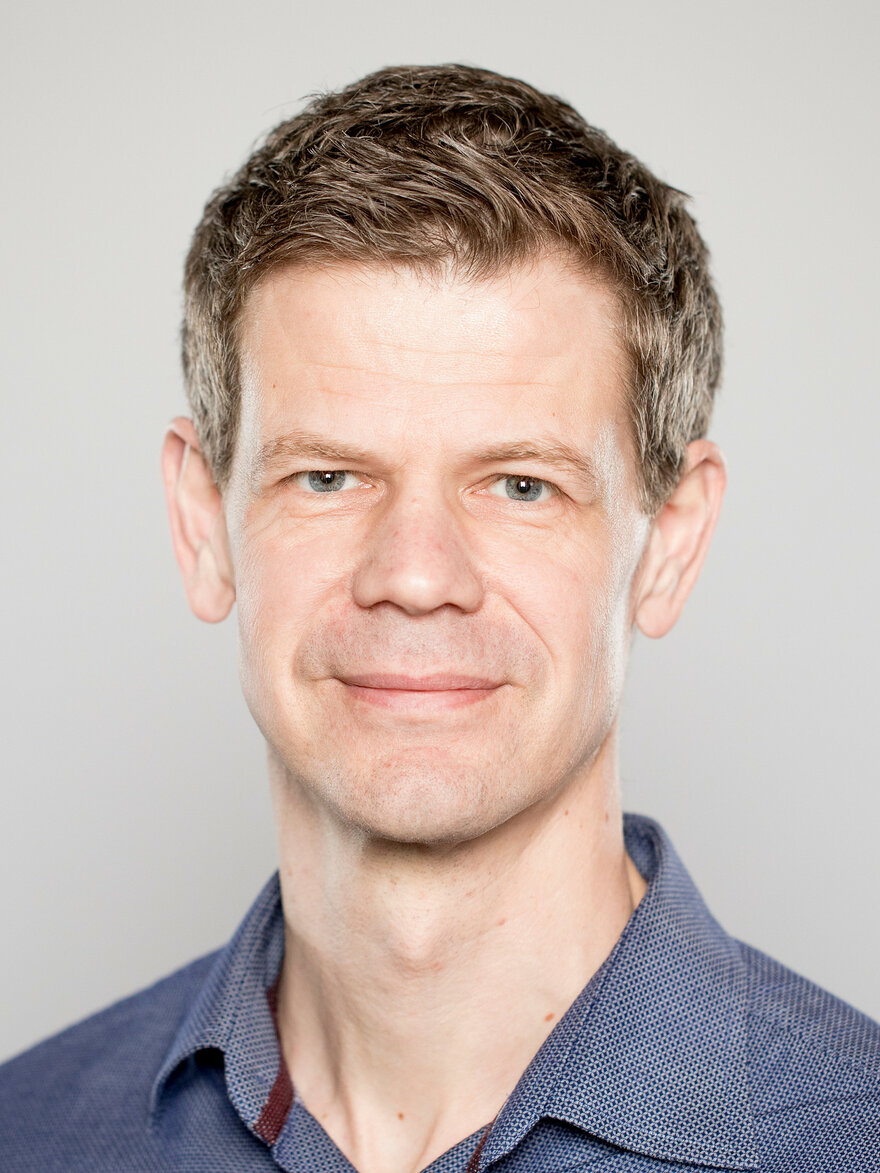
My research interests in statistics are diverse, and I have participated in a long range of fascinating projects over the last 20 years, like: mastits in cows (survival- and event history analysis, bayesian analysis, MCMC), breast cancer and alzheimers diagnostics (-omics data, multivariate methods, big data, classification, variable selection, partial least squares), bacterial genomics (network modelling, gene expression), meta-modelling of complex mathematical models (multivariate analysis, multi-way models), virtual meat segmentation, bear behaviour (The Scandinavian bear project, bayesian analysis, MCMC), and psychometrics/metacognition in relation to learning, creativity, and artificial intelligence (stochastic proesses, Markov models, AI).
Years of teaching statistics at all university levels have taught me that students are different, and, hence, should also learn and be taught differently. From 2015 to 2017 I have have therefore been doing research in the interdisciplinary area which resides in the intersection between personality psychology, neuro-physiology and pedagogics. As a statistician I find great resemblance between my own field and this research area, because the functioning of the brain appears to be very statistical in the way information is collected, filtered, evaluated and knowledge is updated. However, there are individual differences between us all when it comes to which parts of the brain (circuits) that we exploit the most. This gives rise to differences in personality and also in favorite and most effective learning routines. A study we published in 2015 showed that certain personality types appear to be disfavored by the way undergraduate courses are taught, and this was followed up in a recent study in 2021. These findings show us that there is “no-size-fits-all” in teaching! This may very well explain why clever and smart students drop out of science subjects at schools and universities and why far too many struggle with math anxiety. We need to take all aspects of cognition into consideration in teaching and learning, from the level of neurons in the brain, via neuronal networks and the individual differences in cortical-subcortical circuits, to the level of personality psychology and adaptive pedagogics.
My strong interest in education and learning led me to apply for the position as Prorector of Education at NMBU in 2017, a position I held until Dec 2021. In this period a strong engagement grew also for sustainability, and as I now have returned to my professorship in statistics, I aim at contributing to a strong focus on Education for Sustainable Development at NMBU, and especially to nurish the development of key competences for sustainable development among out students, in particular competences like systemic thinking, anticipatory thining, creativity, critical thinking and self-awareness/metacognition (as identified by UNESCO).
If you are interested in my research or if you are a future MSc-student at NMBU who would like to work with me, don't hesitate to take contact. Some possible master's projects can alos be found here
Publikasjoner
Forskning og prosjekter